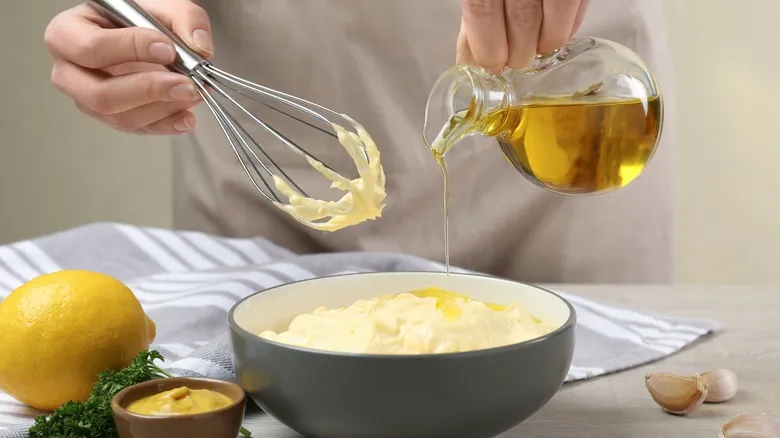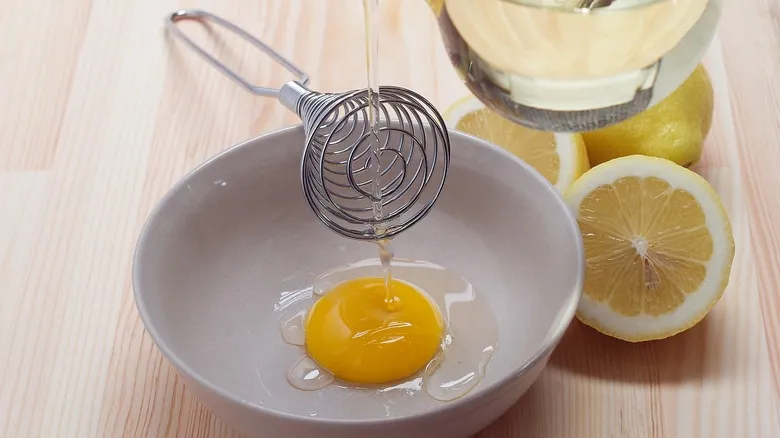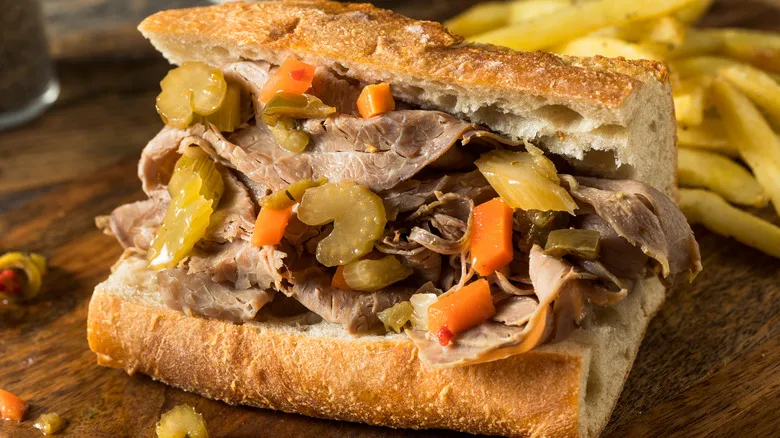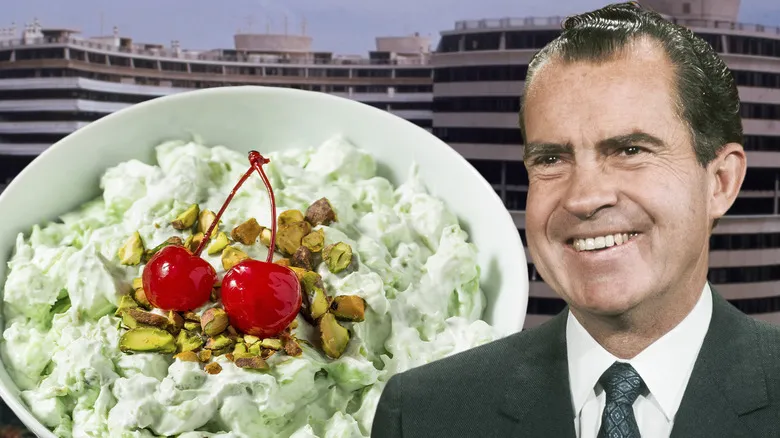The creation of modern mayo

The widely accepted origin story of mayonnaise is as follows: During the Seven Years' War, the Duke was leading the French army to victory against the British on the Spanish island of Menorca. To commemorate this triumph, his chef aimed to prepare a dish featuring a cream-egg sauce, but found himself without cream. In a stroke of ingenuity, he replaced the cream with olive oil, resulting in what we now recognize as modern mayonnaise. This tale has persisted for nearly three hundred years and has been embraced by major brands like Hellman's in recent times.
The narrative surrounding the Duke de Richelieu also sheds light on the name "mayonnaise." The chef originally called it "Mahonnaise," referencing the battle at Mahon. Over time, as language evolved, the "h" was eventually replaced with a "y," possibly due to a simple mistake or a link to the old French term for egg yolk, "moyeu."
While this is the most prevalent account, it is not without its critics. A notable alternative theory suggests that mayonnaise may have developed from the previously mentioned allioli, likely when someone incorporated egg into the mix, creating an emulsion. This transformation is believed to have occurred during the Renaissance, predating 1756. There is no definitive origin story attributing its creation to a single individual, but it is said to have also emerged from Menorca, where the Spanish referred to it as "salsa mahonesa."
So is mayonnaise French or Spanish?

If the latter theory holds true—that mayonnaise was derived from Catalonian allioli—one could contend that it is essentially a Spanish sauce. Nevertheless, even within this theory, the French are credited with creating the specific mayonnaise we use today; they simply took allioli as a foundation and likely omitted the garlic. It's worth noting that contemporary aioli (or garlic mayonnaise) is regarded as separate from traditional mayonnaise. This notion could also be incorrect: by 1756, the French had already developed Hollandaise sauce, which could be seen as a variation of mayonnaise.
In general, mayonnaise is predominantly attributed to the French, largely due to its significant presence in French cuisine. It is classified as one of the French "mother sauces," essential to a wide array of French dishes. There are alternative origin theories that focus on France, such as the claim that it originated in Bayonne, a southwestern French city close to Spain, and was initially named "Bayonnaise." More crucially, it was French chefs who popularized mayonnaise, effectively introducing it to countries like Germany, Britain, and the U.S. in the 19th century, marking its rise as a quintessential American condiment. Additionally, it was the French chef Marie-Antoine Carême who refined the recipe into its modern emulsified form. Thus, while there are compelling arguments for a Spanish origin, it is likely that modern mayonnaise is more French in nature.
Recommended

How The Italian Beef Became A Chicago Icon

Georgia Doesn't Actually Produce The Most Peaches In The US

Watergate Salad Has Nothing To Do With The Scandal, So Why Is It Called That?

Sparkling Water Is Older Than The United States Of America
Next up

